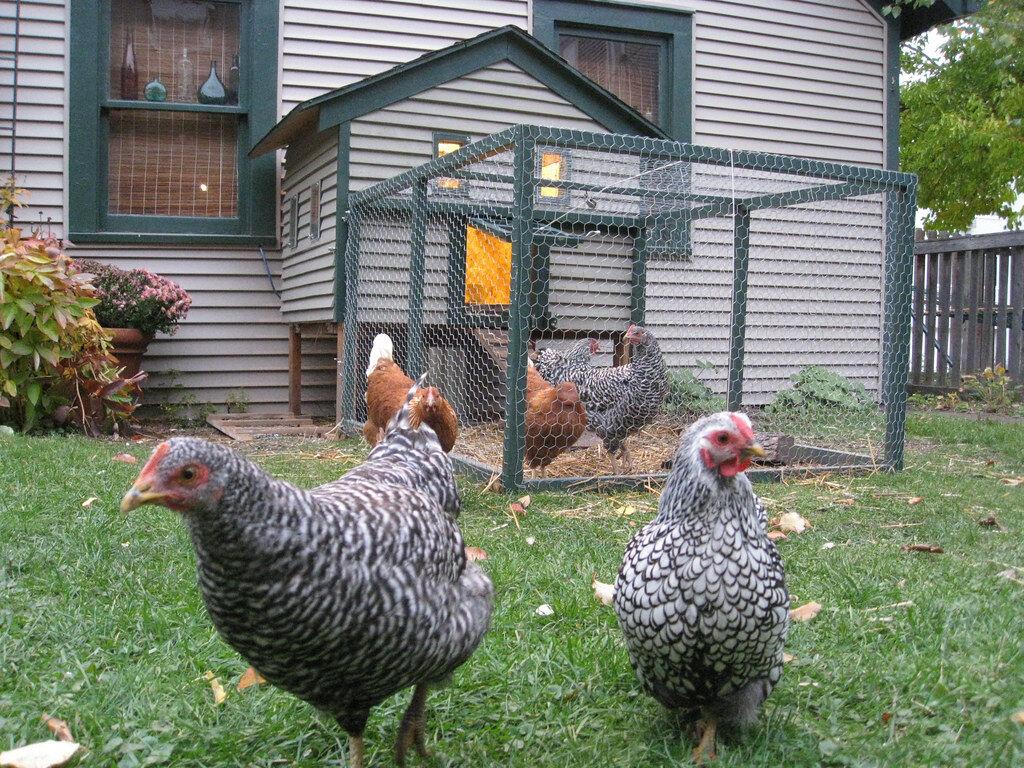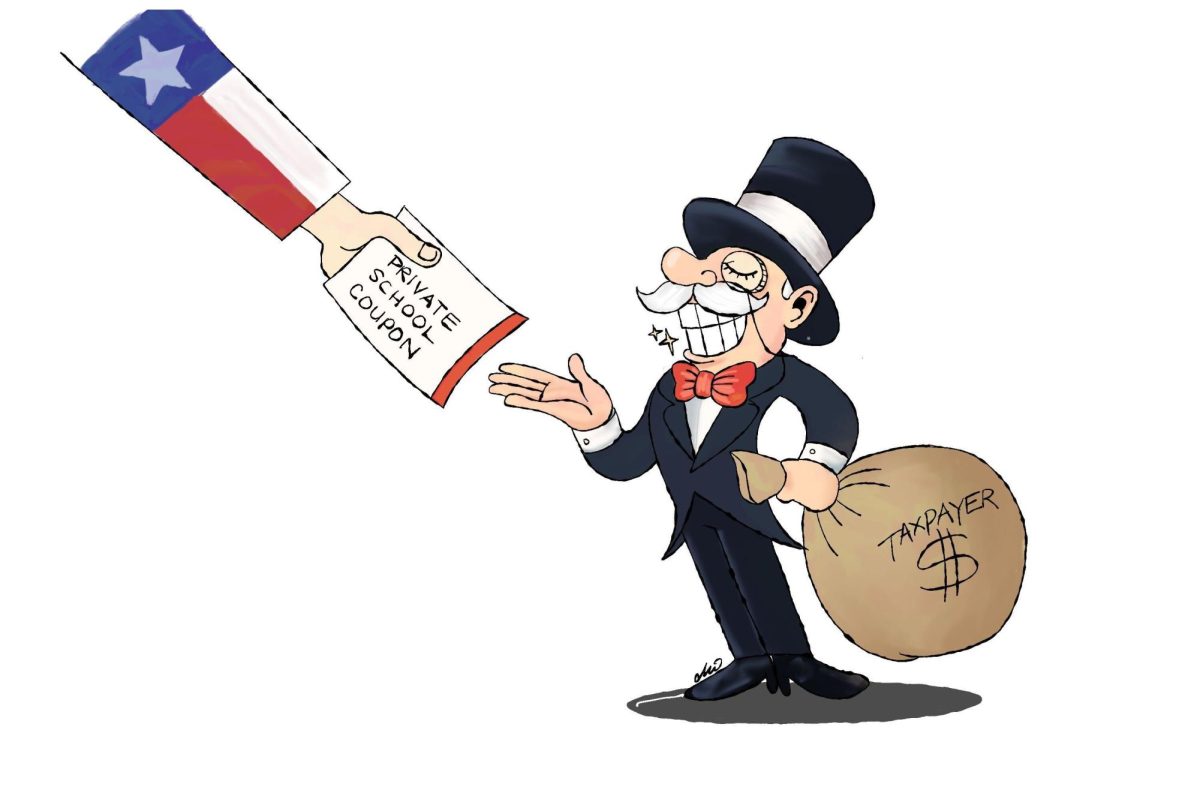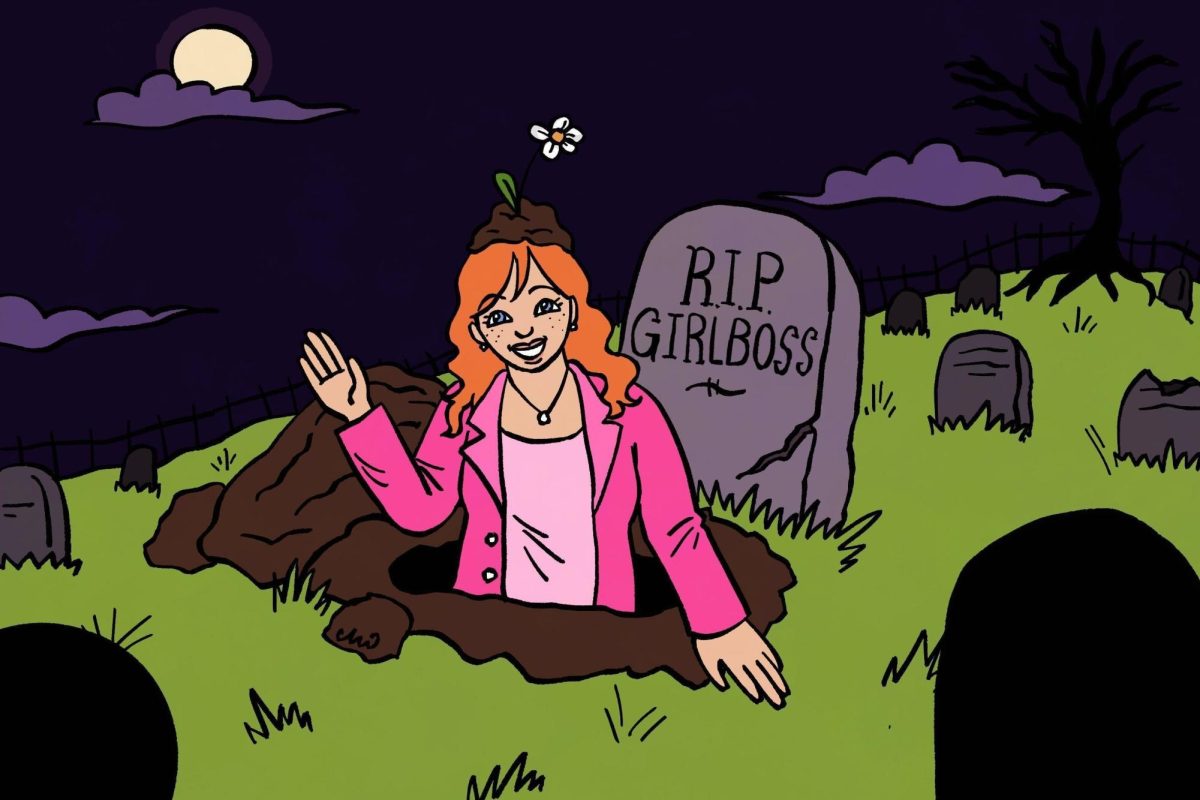Growing up, some of my earliest memories involve chickens, specifically how clear their kinship with velociraptors is from the perspective of a five-year-old. Not only will they chase you down, they will enjoy the sport of it. Despite my trauma, I learned to love the little cluckers. My family kept backyard poultry for big portions of my life in rural and semi-rural settings, so I was interested when I heard the city council discussing the topic in a recent meeting.
On March 22, the College Station City Council decided to reduce the minimum distance between chicken enclosures and adjacent houses from 100 feet to 50. The council also put a limit on the number of domestic fowl one could have to six. If any complaints are filed by neighbors, residents’ permits are subject to revocation. Currently, College Station requires a permit for chickens outside of rural zones, Wellborn estate zones and estate zones.
A currently pending state proposal, Texas House Bill 1686, will allow six or fewer chickens or rabbits and three or fewer beehives on any Texas property. If passed, the bill would still allow College Station to uphold its distance limitations and its prohibition of roosters.
The proposed bill is the perfect solution for College Station residents afraid of running afoul of city ordinances. Without the extra paperwork and fees of city permits, citizens will feel more incentivized to keep birds, rabbits and bees.
Chicken-keeping is a fantastic way to establish a more interconnected self-sufficient community. On a good day, six chickens will leave you with a half-dozen eggs. Most families will have more eggs than they know what to do with, resulting in them sharing the wealth with their neighbors. Chickens are also great conversation starters, and will likely make all the miniature-dinosaur enthusiasts on your block take notice. After all, birds of a feather flock together. Community building is vital in a time when fewer Americans know their neighbors than ever.
Keeping chickens also encourages people to do away with the environmental malpractice of cookie-cutter American lawns. Chickens keep pest populations in-check and naturally till the earth. By strategically moving these bird-dozers around your yard, you can prepare a small plot of land for gardening with little effort. Poultry will also eat any leftovers that would otherwise go to waste. The end result is a true gold nugget for any gardeners or regenerative agriculturists. Chicken poop can be composted into an effective and free fertilizer.
Finally, backyard chickens offer a safer, more sustainable alternative to factory farming. There is less risk of the spread of diseases and antibiotic resistant bacteria from small-scale chicken husbandry. Additionally, factory farming of poultry is one of the largest sources of water pollution in this country. Smaller operations can better manage their waste outputs, preventing ecological disasters like we’ve seen in East Texas.
The city council was right to allow homes with smaller yards to have chickens. Proposed TX House Bill 1686 makes me even more hopeful, though. Every Texas household should have the opportunity to reap the rewards of chicken-keeping. Eliminating pesky permits will bring us closer to a vision where sustainable home agriculture is commonplace. It’s cliche, but I encourage all of you, my dear Batt readers, to call your congressperson, reach out to your local representatives and show your support for TX House Bill 1686.
Zachary Freeman is an anthropology junior and opinion columnist for The Battalion.
















